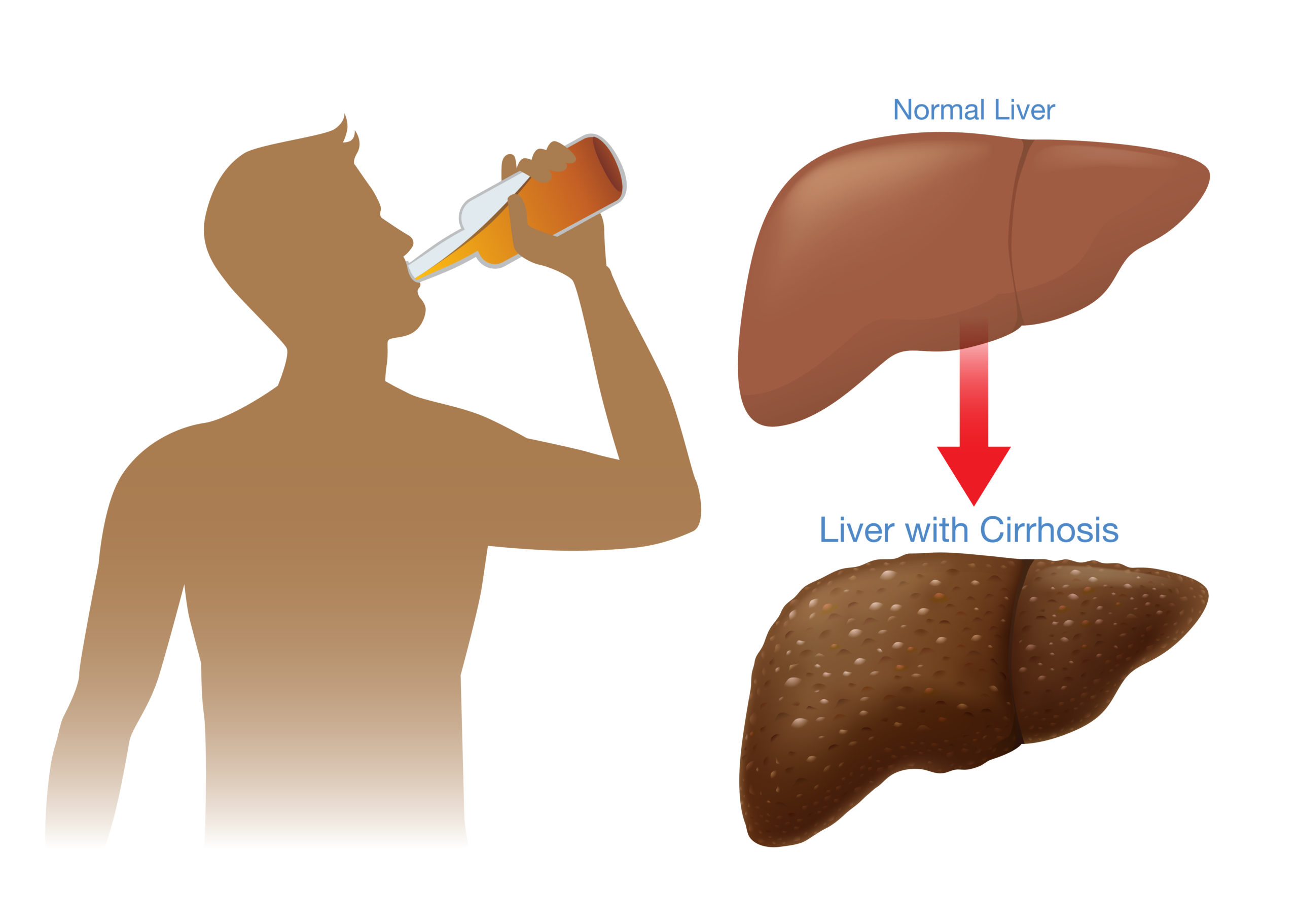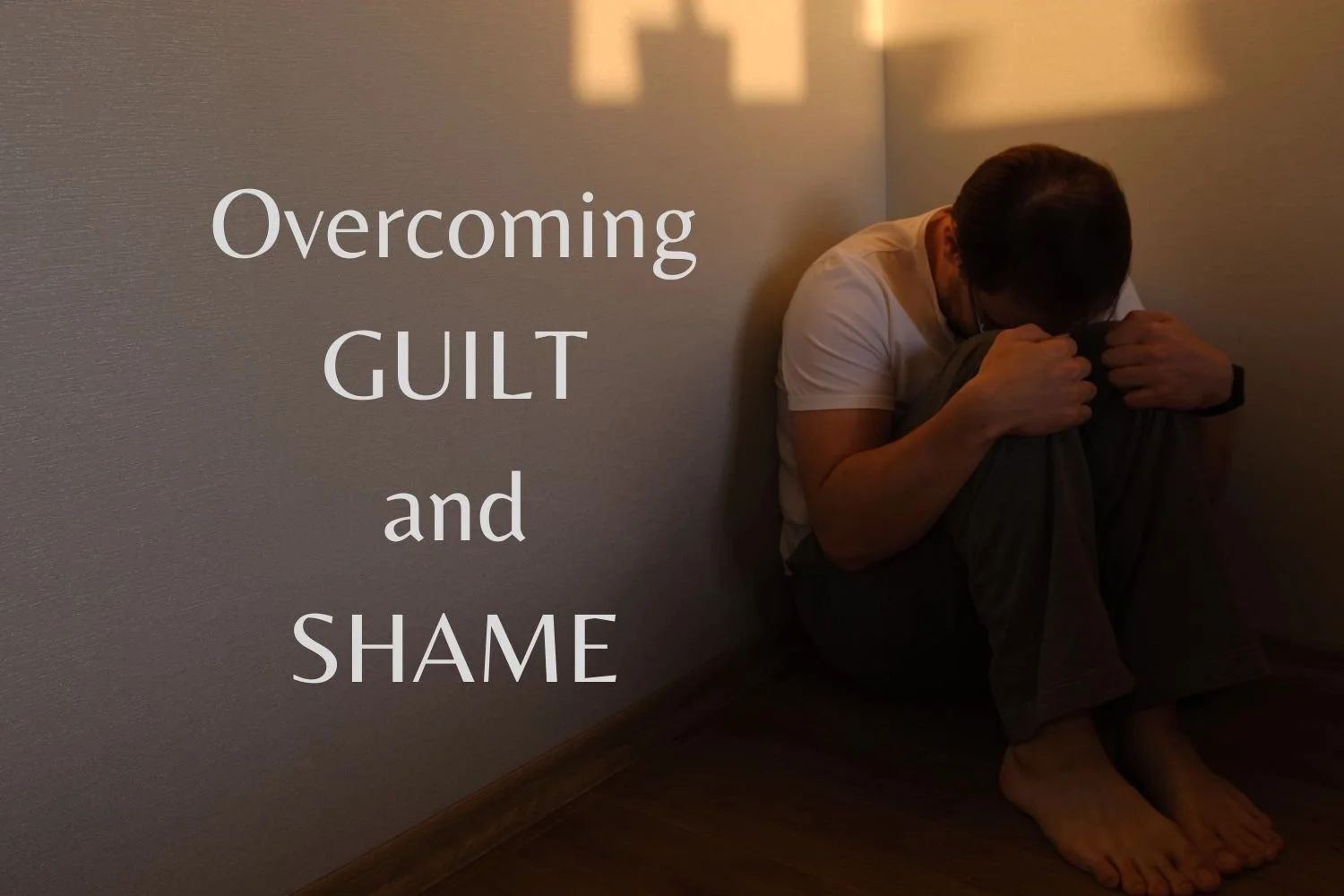HIV from Drug Use
HIV remains a serious public health concern, but many people don’t realize how closely it’s linked to drug use. Whether through injection, sharing equipment, or risky behaviors that happen while under the influence, drug use can significantly increase the chance of contracting HIV. Understanding these risks is essential for staying safe. I want to highlight … Read more









